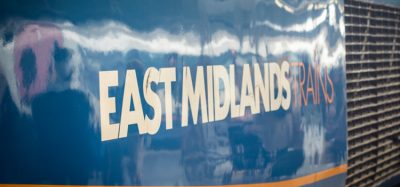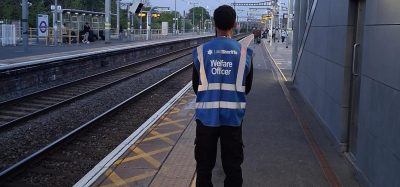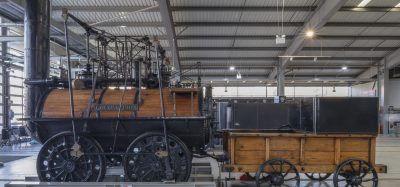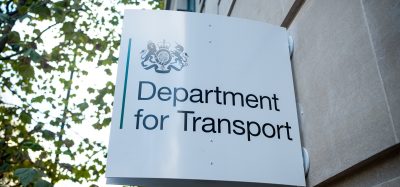British freight companies call for a more connected railway
Posted: 22 May 2019 | Global Railway Review | No comments yet
The British rail freight industry has called for a joined-up railway system to build upon the £1.7 billion of economic benefits that is already drives.
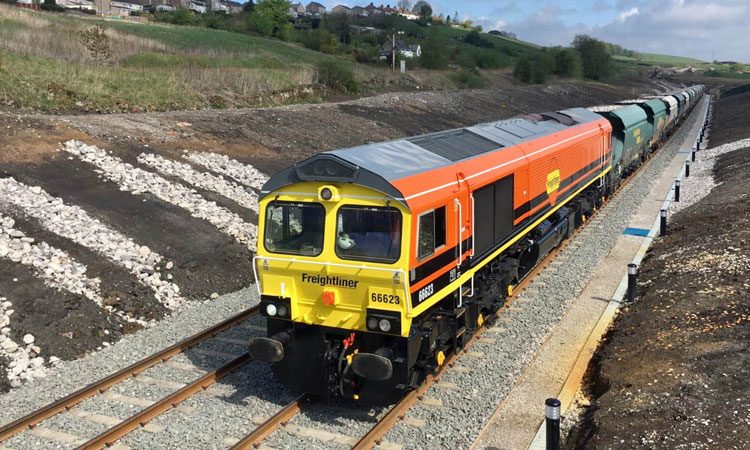

Credit: www.networkrail.co.uk
The rail freight industry is calling for a better joined-up railway and an improved framework that will support a sustainable and successful rail freight sector in its submission to the government’s rail review, independently chaired by Keith Williams. This framework of priorities, published by the Rail Delivery Group on behalf of the RDG Freight Board, has been informed by extensive engagement with freight operators, Network Rail and the Rail Freight Group.
Rail freight delivers around £1.7 billion of benefits to Britain’s economy and supplies £30 billion of goods to customers across Britain each year, including materials to build houses, clothes to high street shops and metals used to manufacture mobile phones. Moving goods by rail rather than road reduces carbon emissions by 76 per cent, benefiting the environment. A single freight train removes 76 Heavy Goods Vehicles from the roads which also cuts down congestion and improves safety.
To build on the benefits rail freight is already delivering, operators are urging the government to align policy across road and rail to ensure a level playing field when choosing road and rail investments. This would also make it easier for businesses to transport goods using multiple modes that suit them, with rail freight often forming just one part of a journey. Better information about the economic value of different services would aid decision-making.
Another priority for the industry is a coordinated timetable and national planning system with consistent processes for freight operators. This will:
- Retain flexibility for freight operators to respond to frequently changing customer needs, with the oversight to quickly amend and add new timetabled train paths. This would allow competition with road which has no need to book time slots, helping to reduce congestion on the road network
- Enable freight operators to seamlessly deliver goods across the country, competing with a national road network that has no boundaries, with 80 per cent of freight journeys currently crossing boundaries between Network Rail routes
- Create a stable environment where private sector freight operators are confident enough to invest in the railway, improving it for all who use it, including passengers. Freight companies have already invested over £2.8 billion in assets and staff in the last 20 years.
Paul Plummer, Chief Executive of the Rail Delivery Group, which represents rail companies, said: “Rail freight is vital to Great Britain’s success, keeping shelves stacked, the economy moving and Britain building, while being much better for the environment with carbon emissions kept to a minimum.
“However, change is needed to make the most of the benefits rail freight can bring and we need investment decisions to be taken based on a level playing field with road, with aligned government policy and a nationally joined up rail network. Putting in place the right measures to enable rail freight to grow and making it an attractive choice for more businesses will increase its already significant economic and environmental benefits.”
Hans-Georg Werner, Chairman of the RDG Freight Board, said: “An aligned approach, locally and nationally, will not only support the rail industry as a whole but will deliver significant benefits to rail freight. The contribution made to the UK economy by rail freight and the environmental benefits associated with it are vast; we need to support the further growth and development of this sector to ensure we can continue to keep Britain moving.”
Encouraging investment in rail freight will deliver a better railway for all who use it, including passengers. At the end of April, the Rail Delivery Group published bold proposals for reform of the railway, setting out the building blocks for a future system that would better join up the railway, improve accountability for passengers and result in easier, better value fares for all.
Stay Connected with Global Railway Review — Subscribe for Free!
Get exclusive access to the latest rail industry insights from Global Railway Review — all tailored to your interests.
✅ Expert-Led Webinars – Gain insights from global industry leaders
✅ Weekly News & Reports – Rail project updates, thought leadership, and exclusive interviews
✅ Partner Innovations – Discover cutting-edge rail technologies
✅ Print/Digital Magazine – Enjoy two in-depth issues per year, packed with expert content
Choose the updates that matter most to you. Sign up now to stay informed, inspired, and connected — all for free!
Thank you for being part of our community. Let’s keep shaping the future of rail together!
Related topics
Cargo, Freight & Heavy-Haul, Funding & Finance, Infrastructure Developments



